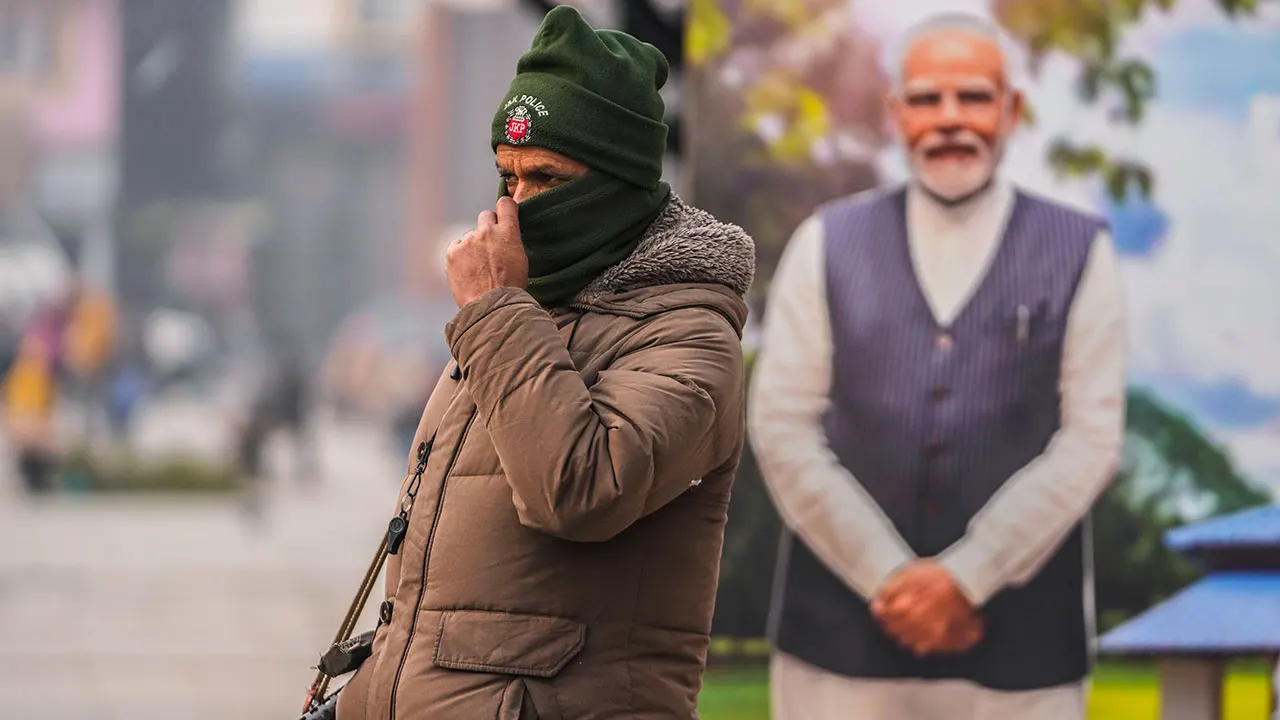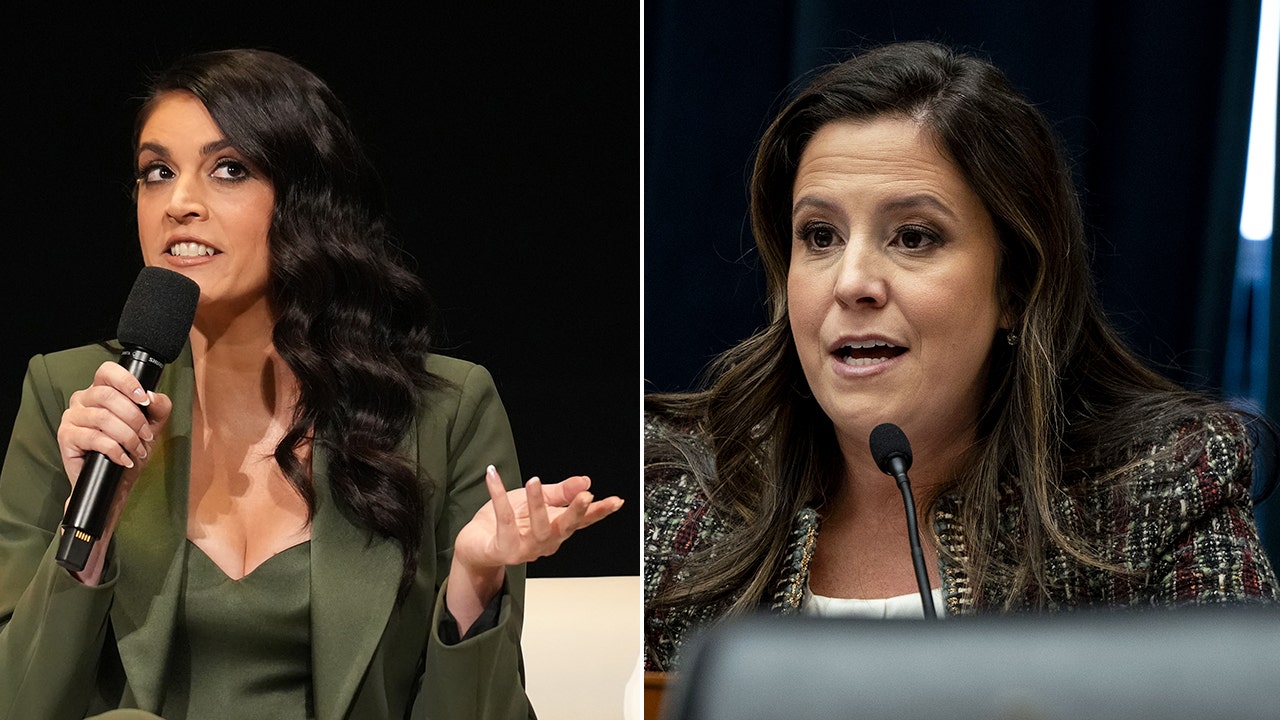Last week, after Gov. Kathy Hochul of New York had theatrically laid down a “Rambo”-inspired challenge to President Trump, she found herself in Washington, face to face with the president’s deputy chief of staff, Stephen Miller.
They exchanged pleasantries that Friday morning. Ms. Hochul mentioned her desire to reschedule a canceled meeting with Mr. Trump. And that was that until several hours later, when the governor received word that the president would see her around 6 p.m.
“I had to leave my staff at the gate, my State Police at the gate,” she said in an interview on Monday. “And I looked at the Secret Service guy. I said, ‘Am I going to be OK going in here? ”
The governor’s concern seemed well placed. Just two days earlier, Ms. Hochul had lampooned Mr. Trump’s allusion to being a king and invoked “Rambo,” the Sylvester Stallone film franchise, in her vow to seek revenge for Mr. Trump’s drawing “first blood” by attempting to kill the state’s congestion pricing program.
Instead, the hourlong meeting was largely civil. They discussed at length how they both sat behind desks that Franklin D. Roosevelt, who was governor of New York before he became president, had used.
The fate of Mayor Eric Adams, who is facing federal corruption charges that Mr. Trump’s Justice Department has ordered prosecutors to drop, did not come up, she said. But they debated the state’s offshore wind program, which Mr. Trump dislikes, and she said she told him that federal immigration agents should leave immigrant families alone during enforcement operations.
When the conversation turned to congestion pricing, Ms. Hochul made her case. She told Mr. Trump she was frustrated that Sean Duffy, Mr. Trump’s transportation secretary, had quoted New Jersey’s transportation commissioner in his letter informing Ms. Hochul that the president was moving to kill the plan.
Ms. Hochul said she didn’t appreciate an outsider “telling New Yorkers like you and me what to do.”
“I said, ‘I don’t respond well, and I’m sure you don’t either, to that,’” she said. “Who cares what New Jersey thinks?”
Ms. Hochul left the president a booklet detailing some of the program’s early successes; he said he would discuss the matter with Mr. Duffy.
Kush Desai, a White House spokesman, did not respond to a list of questions about the meeting except to say that “President Trump has made his position on New York’s congestion pricing program unambiguously clear.”
“Thanks to his leadership, the slap in the face to working-class Americans that is congestion pricing is dead.”
The unscheduled meeting continued what has been an unusually spirited, high-profile period in Ms. Hochul’s tenure, as she deals with Mr. Trump and the uncertainty surrounding Mr. Adams’s future.
The governor’s own political future is also unassured: She seems destined to face a tough re-election battle next year, and she will do so without her lieutenant governor, Antonio Delgado.
Mr. Delgado announced on social media on Monday that he would not seek re-election as Ms. Hochul’s second in command. “All options are on the table, and I will be exploring them,” said Mr. Delgado, one of several Democrats, including Representative Ritchie Torres, who have mused publicly about challenging the governor in a primary.
The governor’s office was less than diplomatic in its response.
“Today, Antonio Delgado finally said out loud what has been obvious for quite some time: He is simply not interested in doing the job of the lieutenant governor of the State of New York,” said Anthony Hogrebe, the governor’s communications director. “Governor Hochul had already begun taking steps to identify a new running mate for 2026. We will also be reallocating responsibilities within the administration to ensure that important initiatives that had been within the lieutenant governor’s office are no longer neglected.”
For Ms. Hochul, the more aggressive posture seems a departure from the more deliberative, consensus-building style she has favored.
She tried to work with Mr. Trump to overcome his opposition to congestion pricing. Over several conversations, she said, she listed the program’s benefits, and asked that he give it a year before judging it.
“I suggested, ‘Can we wait some time, and let’s take a look,’” she recalled about their calls. “I’ll show you the data at that time.”
The governor now concedes that the courts are likely to be the best bulwark against the Trump administration. After Mr. Duffy’s letter arrived, the Metropolitan Transportation Authority quickly filed a lawsuit seeking to defend congestion pricing.
But Ms. Hochul still took her best shot at trying to change Mr. Trump’s mind in person. She said she told him about the reduction in traffic around Trump Tower, and tried to dispel his impression that there were now fewer people entering the central business district. The Metropolitan Transportation Authority said Monday that the program raised $48.6 million during its first month.
“He says: ‘It’s horrible. It’s not working,’” she recalled. “I say, ‘No, it is working. I didn’t know if it was going to work for sure either, but it’s working. You need to see this.’ And he said, ‘I’ll talk to Sean.’”















